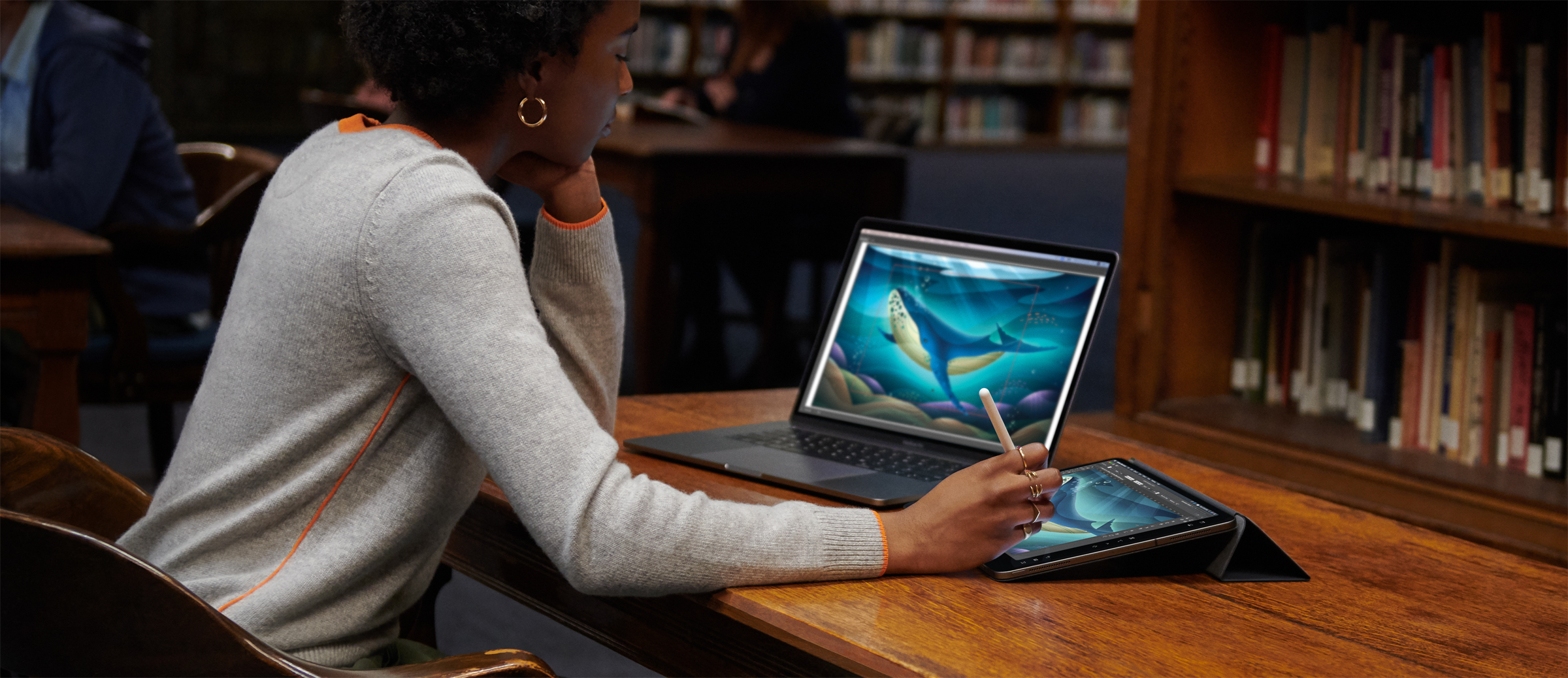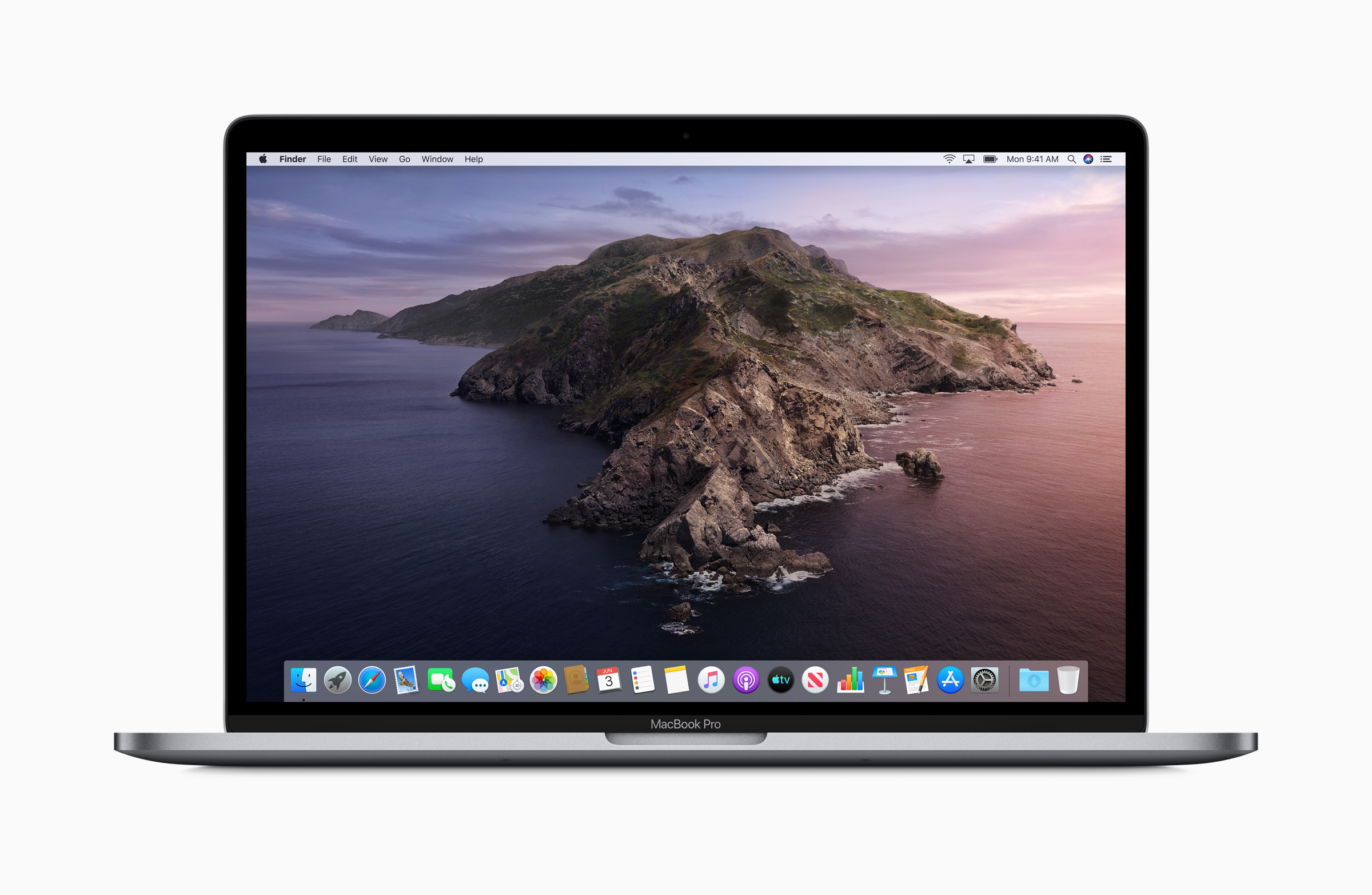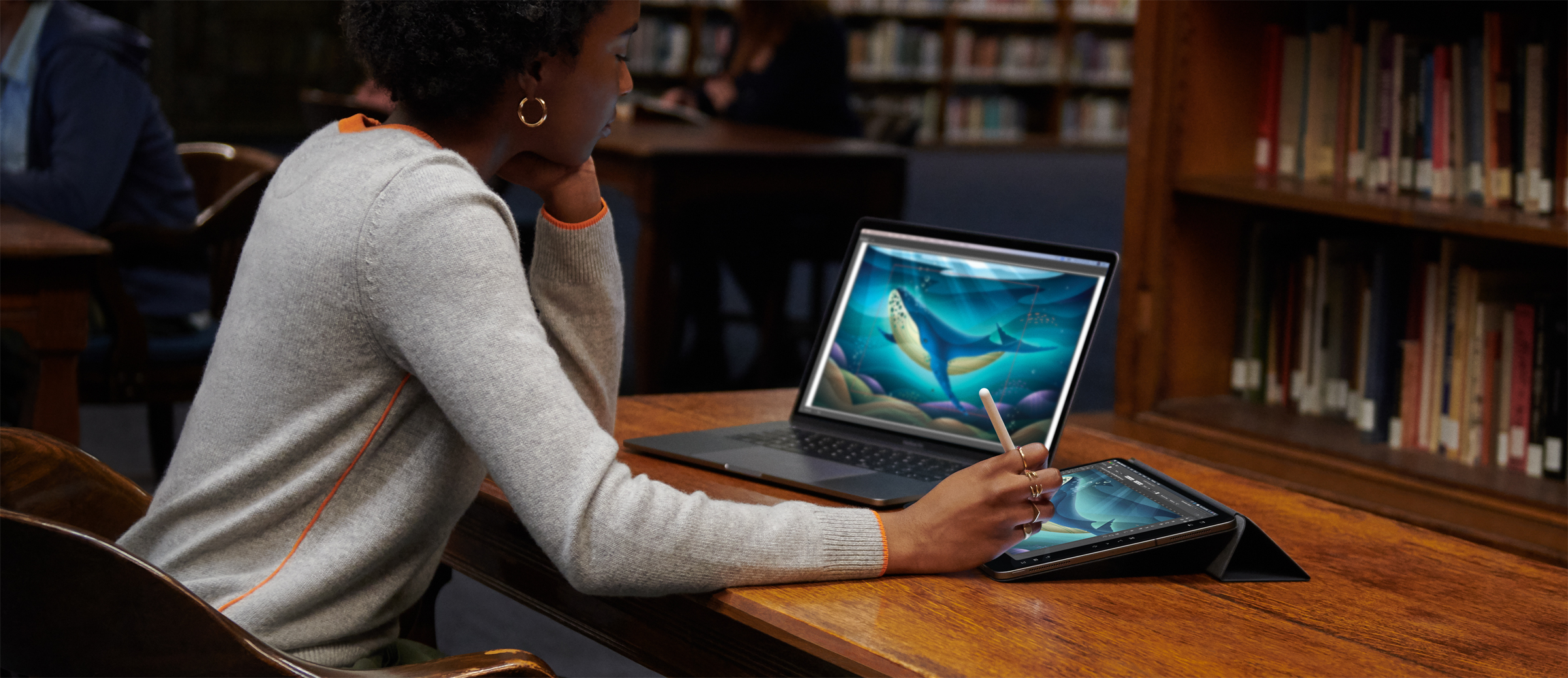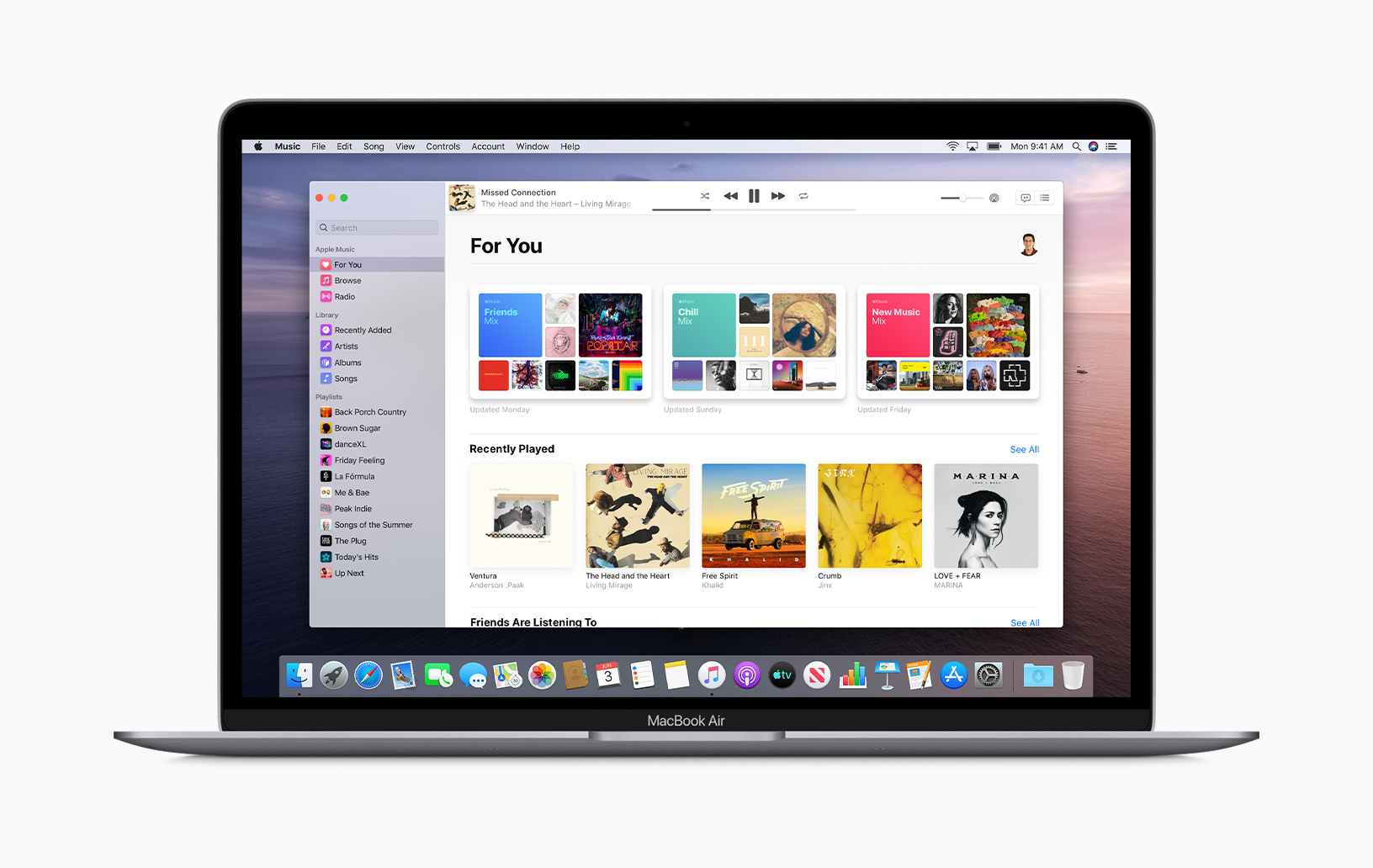macOS Catalina release date, features, news and more: Mac and iPad become one
Improvements to the security, accessibility, productivity and wellbeing of the OS are likely to be welcome additions for Mac fans


Apple announced a whole host of new products at its annual WWDC event this week, including a brand new macOS named "Catalina."
The revamped OS boasts a range of enhancements, most notably when it comes to productivity, security and accessibility.
"With macOS Catalina, we're bringing fresh new apps to the Mac, starting with new standalone versions of Apple Music, Apple Podcasts and the Apple TV app," said Craig Federighi, Apple's senior vice president of software engineering.
"Users will appreciate how they can expand their workspace with Sidecar, enabling new ways of interacting with Mac apps using iPad and Apple Pencil. And with new developer technologies, users will see more great third-party apps arrive on the Mac this fall."
MacOS is thought to be one of the most intuitive and thoughtful operating systems around and the latest additions will appease users across the board. So, let's get into the new stuff.
Security

The first upgrade in the security department comes in the form of a more comprehensive Gatekeeper that will now check all apps for known security issues as opposed to the user-configured subset of apps that it would check prior to Catalina. All apps will now require permission to access user documents, pursuant the most recent data protection measures, which can be approved with a touch of an Apple Watch.
Additionally, all Macs are now being shipped with Apple's T2 security chip which automatically encrypts the SSD and ensures the Mac will only boot to an official operating system as opposed to a different one used by hackers in order to exfiltrate data. Apple's new 'Find My' app, an amalgam of the old 'Find my Friends' and 'Find my iPhone' apps, will allow you to remotely locate a Mac running Catalina.
Get the ITPro daily newsletter
Sign up today and you will receive a free copy of our Future Focus 2025 report - the leading guidance on AI, cybersecurity and other IT challenges as per 700+ senior executives
Productivity

Split View in macOS has been around since 2015 and, while it's useful, a lot of people wondered why an iPad couldn't be used as a second display. There were third-party apps around that let you do this eventually but it seemed odd that Apple would push an ecosystem of devices and not let the big portable screen be just that: an extra, big, portable screen.
Sidecar is Apple's new native screen sharing tool available for those that want to use their iPad as a second display. This could be particularly beneficial for graphic designers that can do the bulk of an image in Photoshop but use an iPad and stylus for a precise detail or a touch of hand-craftedness.
There's also a good case for its use with Final Cut Pro or some other video editing software, the UI of which can get cramped on a MacBook's display. There's really no drawback to having the option of another display in the office or on the go - a welcome addition to the OS indeed.
Accessibility
Apple's Voice Control will enable users to operate macOS without touching a single key.
Voice Control will be available on macOS soon and Apple says it can be used on iOS and iPadOS right now. It works through Siri's voice recognition software but knowing how erroneous Siri can be, we hope that navigating Catalina is less scattershot than setting a simple reminder on an iPhone.
In terms of moving the cursor, Apple says new labels and grids that appear on the screen allow users to precisely indicate where a cursor should land in a Pages document, for example. For most other things like menu selection, simply saying 'system preferences' will bring up the system's settings menu and Force Touch is also enabled by telling Siri to "tap" or "long press". Apple insists its Siri technology will also ensure personal data is kept secure.
It's rare that a piece of technology produced by a big tech company is this wholesome and elicits a huge smile but Voice Control has done that for us - we're all for it. We can only hope that it actually works as well as did in the WWDC demo (see video above).
Wellbeing

The app that put everyone's device usage into question, first brought to iOS is now heading for Mac. Screen Time will give users insights into how their time is spent in front of the machine.
Growing concern over the time people spend looking at screens has assumed an increasing level of prevalence in the national conversation in recent months. By understanding how long you look at certain apps and websites while also being able to schedule time away from the computer, users can take better control over their overall wellbeing.
There's also a 'one more minute' feature which gives users time to save their work or log out of a game in order to comply with their scheduled break from the blue light-emitting display, although with the quality of Apple's latest 6K Pro Display XDR, you might not want to. And for the parents out there, the Family Sharing feature makes its way Mac-side too, so you can have full control over a child's device usage and who they communicate with.
A reshuffled app model

The death of iTunes was one of the least surprising announcements of the show. Indeed, it was widely speculated with a degree of reliability. iTunes has disbanded into three separate apps: Apple Music, Apple Podcasts and Apple TV.
Elsewhere, Safari gets the Siri treatment with intelligent page, bookmark, link and iCloud tab recommendations upon startup while Mail gets a few features that allow a user to block individuals, mute overactive email chains and unsubscribe from commercial lists.
MacOS Catalina is available as a developer preview version now, and the general release is set for some time this Autumn and it will be a free update for all Mac users with devices from mid-2012 or later.

Connor Jones has been at the forefront of global cyber security news coverage for the past few years, breaking developments on major stories such as LockBit’s ransomware attack on Royal Mail International, and many others. He has also made sporadic appearances on the ITPro Podcast discussing topics from home desk setups all the way to hacking systems using prosthetic limbs. He has a master’s degree in Magazine Journalism from the University of Sheffield, and has previously written for the likes of Red Bull Esports and UNILAD tech during his career that started in 2015.
-
 The Race Is On for Higher Ed to Adapt: Equity in Hyflex Learning
The Race Is On for Higher Ed to Adapt: Equity in Hyflex LearningBy ITPro
-
 Google faces 'first of its kind' class action for search ads overcharging in UK
Google faces 'first of its kind' class action for search ads overcharging in UKNews Google faces a "first of its kind" £5 billion lawsuit in the UK over accusations it has a monopoly in digital advertising that allows it to overcharge customers.
By Nicole Kobie